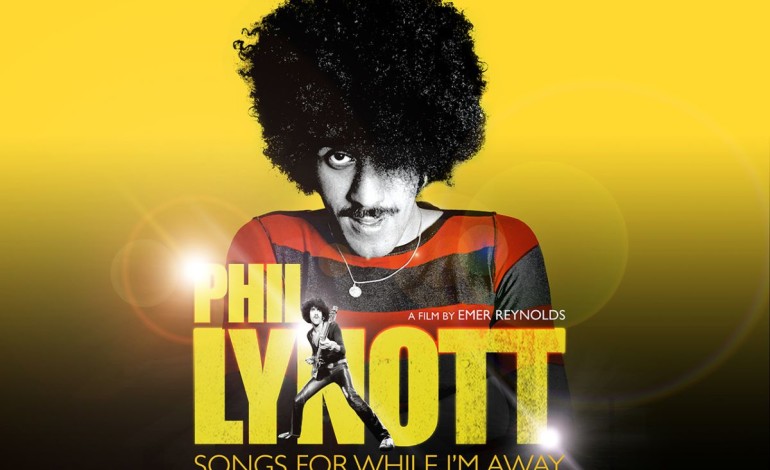
On Thursday 20th August, which would have been Lynott’s 71’st birthday, the trailer for a documentary on his life was released. The documentary, directed by Emer Reynolds, will tell the story of how Lynott, ‘a young black boy from working-class 1950’s Dublin, became Ireland’s Greatest Rock Star‘. Reynolds, who is also Irish, wrote on Twitter of her excitement about the doc, and stated that it will be released this autumn.
SO looking forward bring our film about the incomparable Philip Lynott to cinemas this Autumn!
Phil Lynott: Songs for While I’m Away Official Trailer- In Cinemas This Autumn – YouTube https://t.co/puCcrSj8j1
— Emer Reynolds (@emerpreynolds) August 20, 2020
Phil Lynott was born to a Guyanan father and an Irish mother in 1949 West Bromwich. Shortly after Phil’s birth, his father left for London, leaving his mother Philomena to raise him alone. After a while, Lynott was sent to live with his grandparents in Dublin due to the racial prejudices he and his mother were experiencing in England.
However, life was not a walk in the park for Lynott in Dublin either. Ireland was very conservative at the time. In the trailer for the documentary, a voiceover tells us ‘you just didn’t see black people in Ireland in the 50’s‘ and ‘there were people saying things to this guy that hurt him to his core‘. Despite this fact, Lynott talked openly about his love for Dublin in interviews, saying: ‘if I don’t get back to Dublin within three months then I really start to suffer from homesickness‘.
Lynott’s ambivalence toward Dublin is expressed in his 1971 song ‘Dublin’, containing the lyrics: ‘How can I leave the town that brings me down// That has no jobs// Is blessed by God// And makes me cry‘. This melancholy song is a good example of how poetic Lynott’s songwriting is, and also how varied – this being a gentle folk song that stands in stark contrast to Thin Lizzy’s famed 1976 album Jailbreak.
The documentary’s title, ‘Songs For While I’m Away‘, was taken from Phil Lynott’s two volumes of poetry of the same name. Speaking on BBC’s Rock Hour in 1979 Lynott explained that one of his reasons for publishing these books was because people had told him: ‘you get classed as an artist if you’re a poet’. Yet when asked if he considers himself one he replied in a soft Irish drawl ‘no, I’d say I’m a song-writer.’ This is why Lynott’s musical legacy remains so interesting and relevant, because it blurs the line between poetry and song-writing.
Though the upcoming documentary will celebrate Lynott as a charismatic front-man, featuring ‘loud and proud the glorious Lizzy performances‘, it will also explore his vulnerable and troubled side that led to a premature death from drug-induced pneumonia at the age of 36. Phil Lynott was more than smash hits ‘The Boys Are Back in Town’ and ‘Dancing in the Moonlight‘, and should be remembered as the complex poet that he was. There is no doubt that Reynolds’ documentary will do this with finesse.
